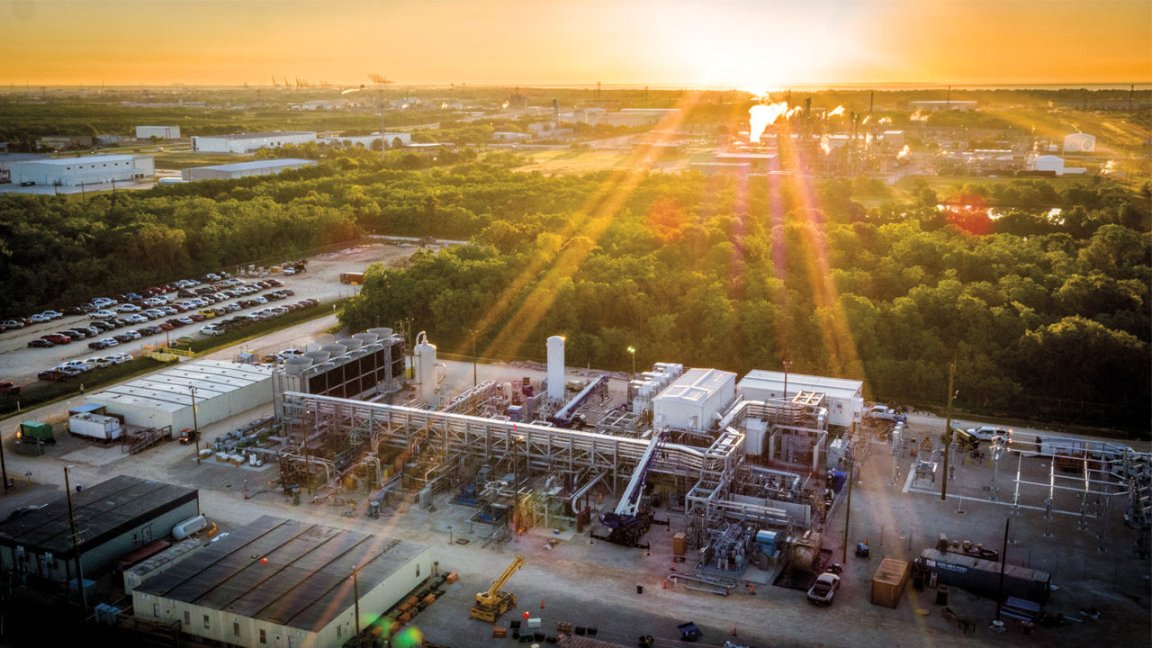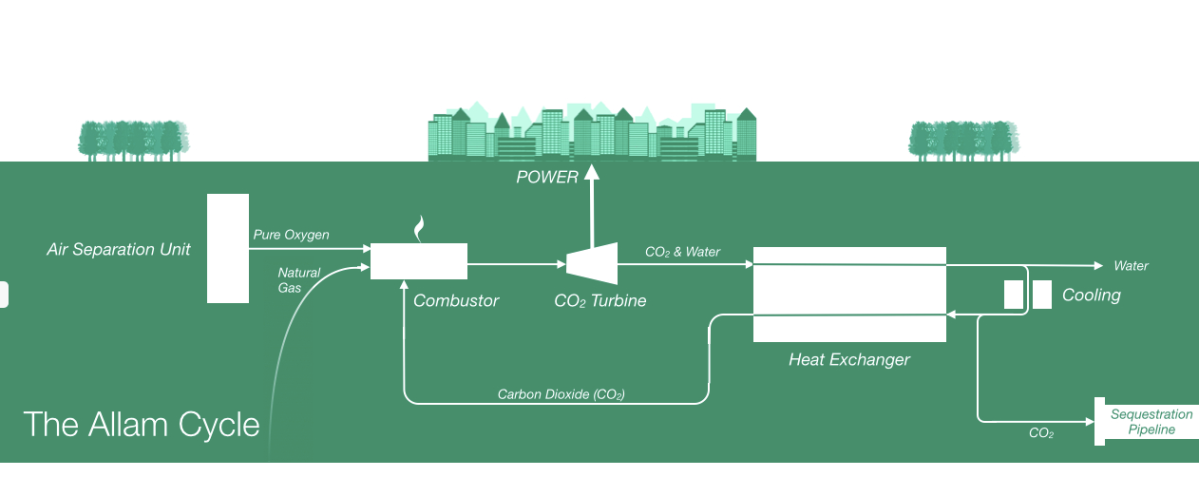
“Friendlier” Fossil Fuels
Fossil fuel plants, particularly coal-fired and natural gas plants, still make up a majority of the world’s energy sources. As such, they remain the largest contributor of climate-warming greenhouse gasses into the atmosphere, the most notable of these being carbon dioxide.
Efforts to cut down or eliminate these emissions altogether while still burning fossil fuels — so-called carbon capture and storage (CCS) systems — have been around for a while now, but they haven’t really taken, mainly because they are largely inefficient and expensive. A relatively new startup wants to change that.
NET Power was created by an unlikely trio — a lawyer, a chemist, and a chemical engineer — and its goal is to help rid the world of fossil fuel-caused carbon emissions. Instead of following the footsteps of existing CCS systems, however, NET Power built one from the ground up. “The only way you could proceed was to develop a totally new power system,” Rodney Allam, the chemical engineer in the trio, told Science.

The prototype plant they developed utilizes a new thermodynamic cycle — dubbed the Allam cycle — that eliminates the need for smokestacks altogether. “[T]he Allam Cycle uses a high-pressure, highly recuperative, oxyfuel, supercritical CO2 cycle that makes carbon capture part of the core power generation process, rather than an afterthought,” according to the startup’s website.
Essentially, CO2 replaces the steam used to drive turbines in traditional plants, keeping it working in the plant instead of releasing it out into the air, while also eliminating the need to expend energy to create steam.
The system also meets the challenge of being financially competitive, with the company’s founders estimating their plant could match the per kilowatt-hour cost of a state-of-the-art natural gas-fired plant. To work with coal, however, the coal would first need to be converted into synthetic gas, and in those instances, the environmental damage caused by coal extraction would still be a factor.
All the Help We Can Get
Many of the world’s more developed countries, such as the United States, China, and a number of European nations, have begun closing down their coal-fired power plants. However, transitioning to renewable energy sources will take time for many of those in the developing world, most notably India. Although a push for renewables is underway in the nation, fossil fuel-powered plants are still the number one option for their everyday energy needs.
While the world transitions toward cheaper renewable energy sources, efforts like NET Power’s, which limit carbon emissions from fossil fuel plants, will certainly be helpful. “This is the biggest thing in carbon capture,” MIT chemical engineer and carbon capture expert Howard Herzog told Science. “It’s very sound on paper.”
We should know soon if the system lives us to its promise as NET Power’s 25-megawatt demonstration plant in Houston will become operational later this year. If the prototype power plant works as hoped, the next step would be to open a $300 million full-scale 300-megawatt plant by 2021. According to John Thompson, a carbon capture expert from nonprofit Clean Air Task Force, “This is a game-changer if they achieve 100 percent of their goals.”